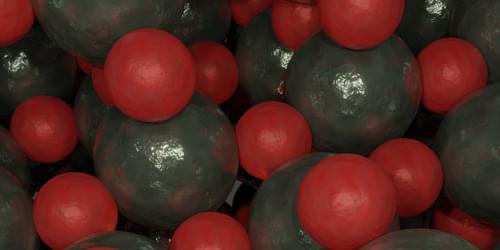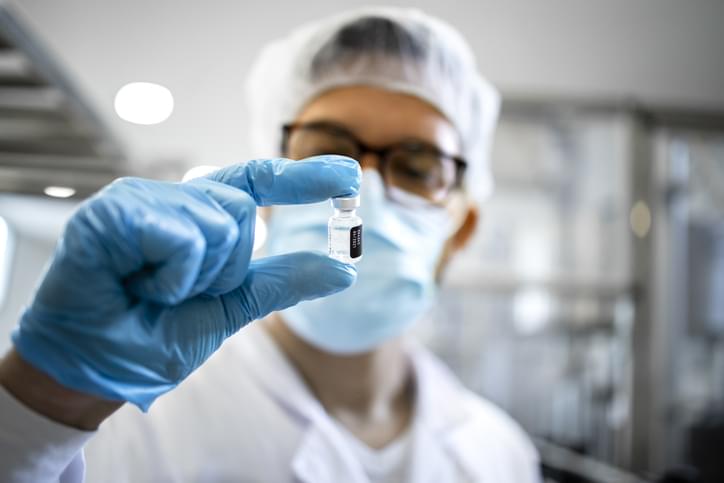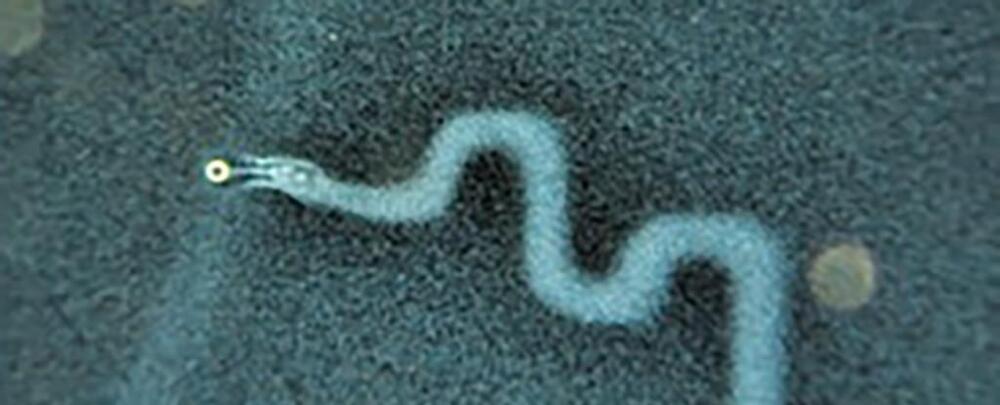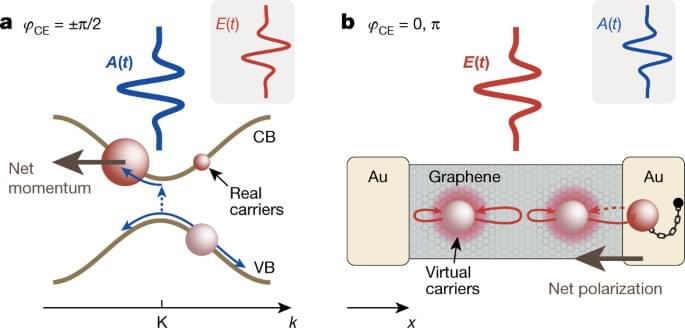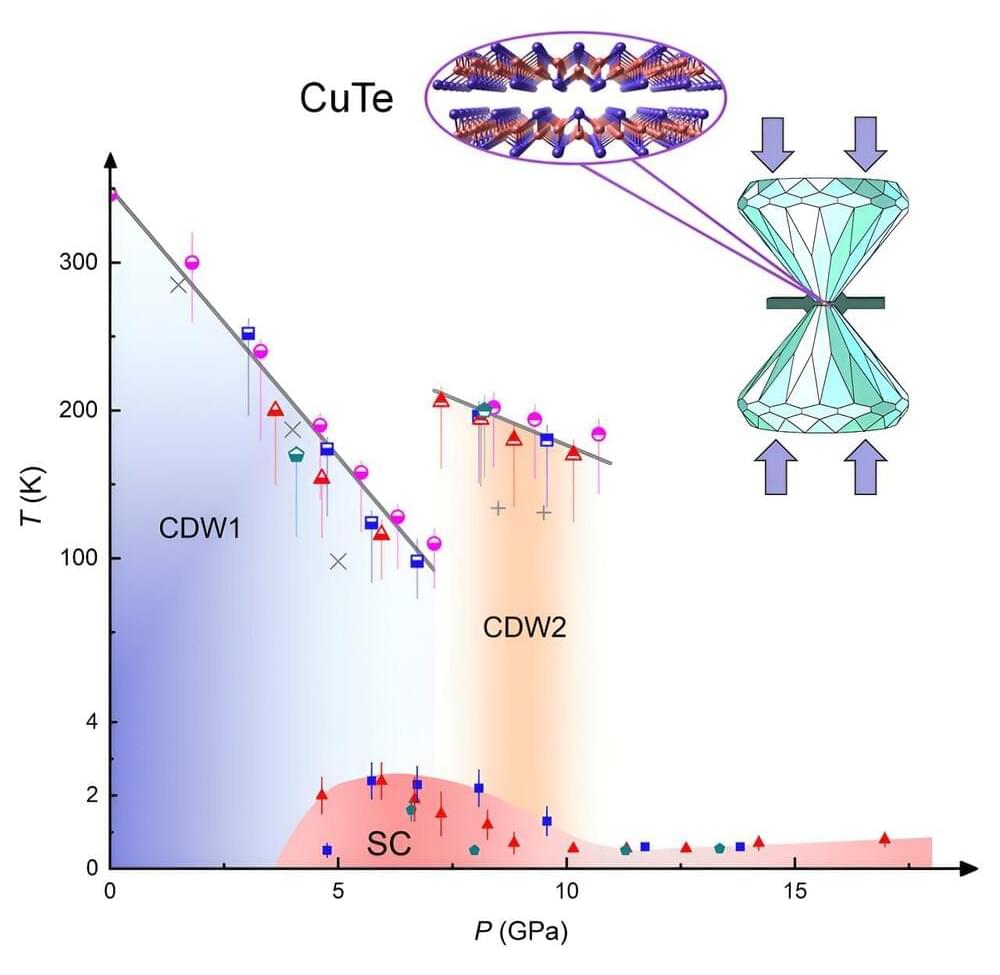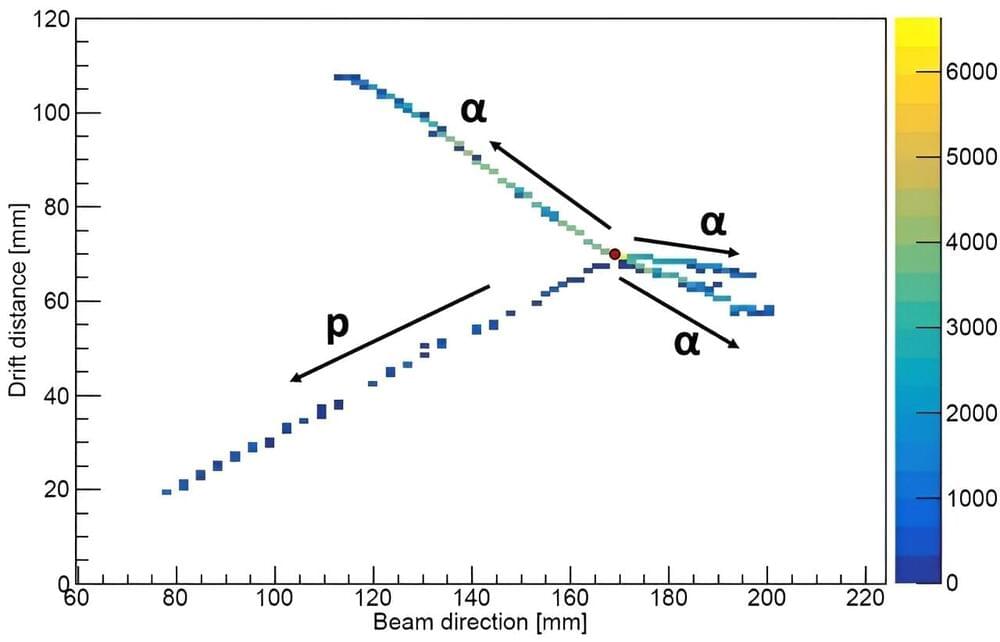Apple’s iPhone 15 launched at the company’s fall event today, and I got to spend some time with the new smartphone. It didn’t get the flashy new titanium of the iPhone 15 Pro that Brian checked out, but it does have a new design that includes softer, more rounded edges and the introduction the Dynamic Island to a non-Pro phone for the first time.
The iPhone 15 is actually very impressive in the looks department. Apple went into details about all the material science magic it put into the new colored glass and anodized aluminum used in the cases during its presentation. The ultimate effect, and all most people need to care about, is that they look really good, like candy-colored confections in muted but fun tones.

